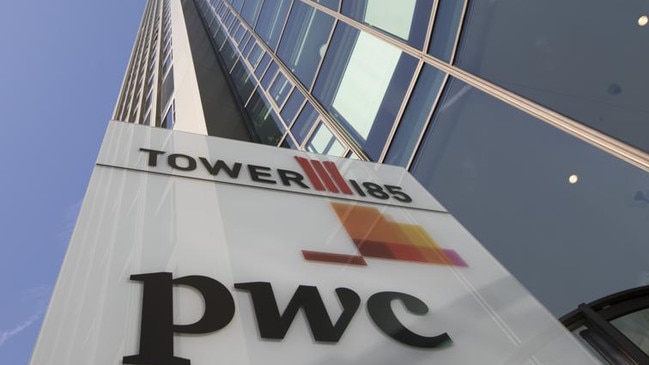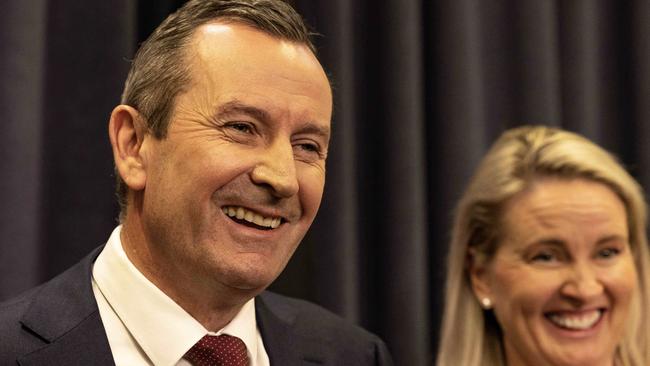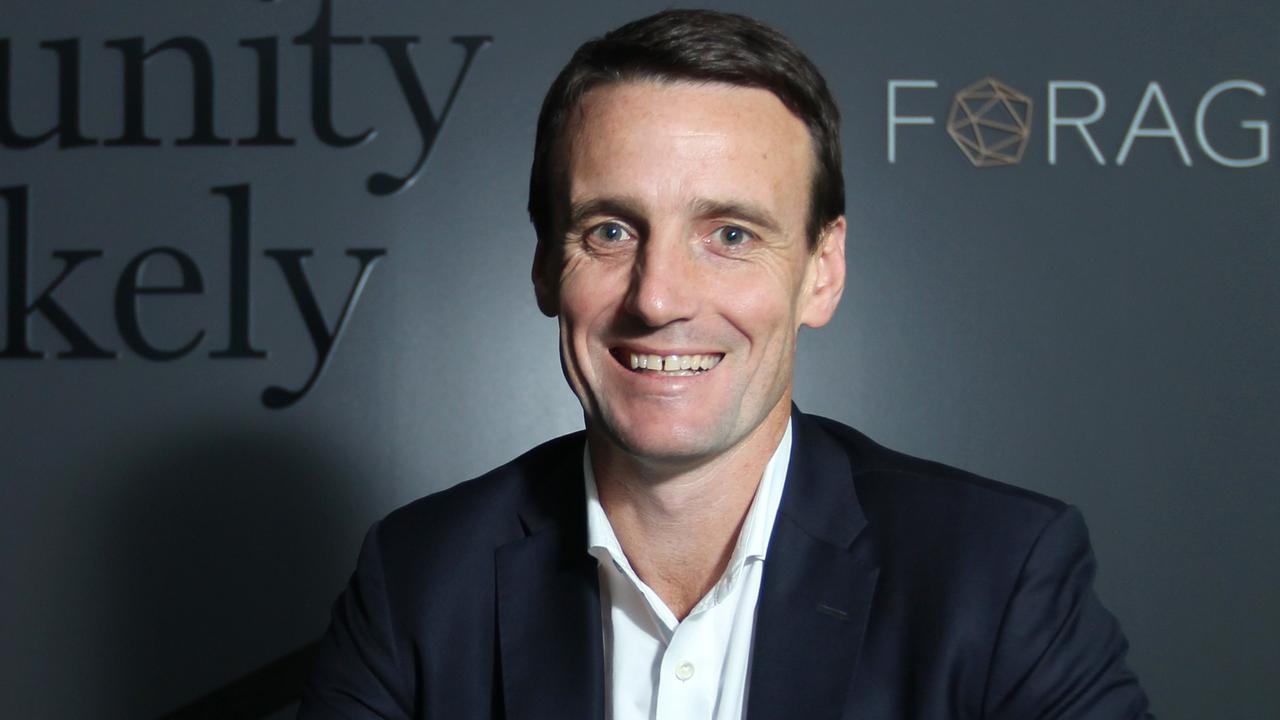
It has finally attempted to take ownership of the tax leak debacle through a full public apology and an admission of failure.
However, the unreserved apology has come months too late and is unlikely to be the circuit breaker that PwC is hoping for.
Until now PwC has tried to tough it out with the view it can survive the collateral damage until the scandal involving the breach of confidential tax planning information has passed.
But PwC’s failure has been to refuse to acknowledge the scale of the breach from the moment it happened and doing the right thing to take steps to fix it. The government-backed Tax Practitioners Board finalised its investigation last November and then head of international tax Peter Collins was suspended in January with little acknowledgment by PwC.
It has only been with public outcry growing as one after another of the jaw-dropping claims have come to light – mostly around the behaviour of PwC’s Canberra-based tax business – that the firm has acted. Dogged questioning by Labor senator Deborah O’Neill has kept the pressure on PwC.

Now faced with serious financial harm as new and existing clients reconsider doing business, the consulting firm has been forced into action. It is also likely to be locked out of lucrative government contracts for years. The scandal has impacted the firm’s global partnership which are also being caught up in the reputational hits.
On Monday, PwC Australia directed nine unnamed partners to go on leave, effective immediately, pending the outcome of the firm’s own internal investigation.
This includes board of partners chair Tracey Kennair. In addition, an internal investigation underway by Ziggy Switkowski will now be released in full, after PwC previously said it would only make available a summary of the findings. Earlier this month former PwC Australia chief executive Tom Seymour, whose name allegedly appeared on the internal email chain containing the confidential information, left the firm.
‘Same people’
However the faults of the partnership structure for all the big four accounting firms remain: the same people are in charge of the same business. There is no independent board or outsiders forcing change. The nature of the partnership means outsiders – including independent directors – will have very little ability to force change even through a scandal.
Clients will look for evidence the firm has fundamentally changed before they are prepared to share secrets again. This will take years.
In a public statement PwC Australia’s acting CEO Kristin Stubbins admitted the firm betrayed trust.
“Although investigations are still underway, we know enough about what went wrong to acknowledge that this situation was completely unacceptable. No amount of words can make it right. But I am fully committed to taking all necessary actions to re-earn the trust of our stakeholders. And, as we work through this process, I am committed to being fully transparent,” Stubbins said.

Her comments follow former PwC Australia tax partner, Peter Collins, being found to have breached confidentiality in connection with sharing information from Treasury and the Board of Tax around their efforts to crack down on tax paid by multinational companies. PwC claims he shared information “with certain PwC Australia personnel and a limited number of overseas PwC personnel”.
Stubbins however has resisted the release of the names of 36 PwC staff and partners on an email chain that was sent the confidential information by Collins. The PwC acting CEO says the vast majority of the recipients of these emails are neither responsible for, nor were knowingly involved in any confidentiality breach. The documents are still likely to be tabled in a Senate committee.
This could be a new and highly damaging flashpoint for PwC with the Tax Practitioners Board finding that the confidential information around planned crackdown on multi-nationals was shared with “existing clients and potential clients of PwC”. In other words the firm was using the secretive tax structures to drum up new business and impress existing clients. There is a risk that tech company clients could be drawn into the fight with the government.
Stubbins claims “no confidential information” was used to enable its clients to pay less tax, but was not specific.
Apology or no apology, PwC faces a long slow road to redemption. It is still likely to be subject to a police investigation. Corporate regulator ASIC has no oversight powers over partnerships (as opposed to directors) but it is closely monitoring PwC.
Looking ahead, government agencies and even some private companies will clearly avoid doing business with the firm for many years, while reputational hits mean some of the best and brightest talent will look to join the other big consulting firms.
The broader industry has attempted to distance itself from PwC but will also caught up in the fallout. Momentum is building to broaden ASIC’s remit to take in accounting firms. Meanwhile, government agencies are set to tighten contract terms and scrutinise their use of consultants to fill in the gaps around policy.
Western shake-up
The big miners are certainly set to lose a strong supporter with the looming exit of West Australian Premier Mark McGowan. While border closures went on longer than needed, which pushed up costs, players from BHP to Rio Tinto noted early on in the Covid pandemic that the WA Premier had allowed them to keep the industry running and the cash flowing. Indeed, they publicly backed quarantine measures early on in the pandemic, which largely kept Covid-19 out of the mine sites.

Still, the parochial border policy caused frustration from the likes of Wesfarmers chief Rob Scott early last year. He had argued the closure continued long after other states had removed their hard borders and made it impossible to run a national business from Perth. Indeed, Scott and several top executives decamped to run the Wesfarmers empire on the east coast.
McGowan flagged his intention to resign from politics on Monday, citing exhaustion after being Premier since 2017. He has managed to resign at the top of his political game, on his own terms. As he is nor able to give his all to the job, his resignation has put the interests of the state first.
Miners acknowledge the invaluable support of McGowan for keeping a line open to China during the height of trade spat under the Morrison government. McGowan is regarded as the most supportive of business among all of the nation’s Labor leaders.
The strength of WA’s public finances, underpinned by booming royalties, has meant that WA remains open for mining and energy.
It contrasts with BHP’s refusal to spend more money in Queensland, difficulties with extracting gas and permitting delays in NSW as well as onshore gas bans in Victoria. WA business is closely watching the succession race between Deputy Premier Roger Cook and Health Minister Amber Jade Sanderson.
Flat AMP
It’s a sign of the times that AMP’s once mighty Australian Wealth Management business is no more, with a significantly smaller business calling for the removal of a surplus management layer.
AMP these days is just as much a bank as it is a wealth manager. Indeed, last year it generated more earnings from banking ($103m) than wealth ($82m) in Australia and New Zealand.
Newish AMP chief executive, the former top ANZ executive Alexis George, will dissolve the once powerhouse Australian Wealth Management unit, to be replaced by its existing business lines Platforms/Master Trust and the loss-making Advice.

With AMP’s great asset sale program – from life insurance to debt and infrastructure – pushing ahead and the remaining AMP Capital business now in the process of being carved up, AMP has stripped back to the very core.
George has previously nominated banks and platform businesses as the growth engines for AMP, and these are set to get the lion’s share of investment.
The moves were triggered by the planned retirement of chief financial officer Peter Fredricson who strangely had only taken on the AMP role in January after coming out of retirement.
AMP’s New Zealand wealth boss Blair Vernon takes over as CFO and will continue to be in charge of restructuring.
For investors a smaller company means a smaller cost base.








With its reputation in shreds and the public and politicians circling while facing the real prospect of a police investigation, PricewaterhouseCoopers has buckled.